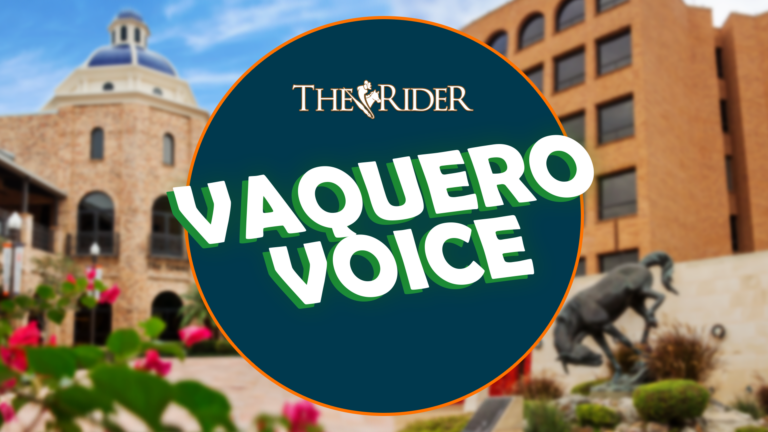
With UTRGV celebrating Hispanic/Latinx Heritage Month, I started thinking about my own Hispanic heritage, or more specifically, the language I grew up speaking: Spanish.
The first language I learned to speak was Spanish, and I continued to learn it until I had to start school. Once I did start school, I was placed in Brownsville Independent School District’s transitional bilingual program with other kids who did not speak English as their first language.
The program is meant to “emphasize the mastery of English language skills, enabling students to participate effectively in regular classroom instruction and support mastery of the state’s curriculum, the Texas Essential Knowledge and Skills (TEKS), the ELAR/SLAR, and ELPS Standards,” according to its mission statement.
I found the program is useful to assimilate students and get them familiar with English because they slowly introduce the language to you. Most kids, like myself, were Spanish speakers. It wasn’t until fourth grade that I was assigned to fully English-speaking classes.
My teachers were great, and they taught me English in an efficient way. At home my parents, who did not know how to speak, read or write English, still tried their best to help me with homework and practicing English.
However, the program did not help me develop my first language.
According to the BISD Bilingual/ESL Education Program Overview’s primary language instruction portion, schools must “develop each child’s primary language from the concrete to the abstract or formal levels.”
Unfortunately, I did not have this experience. Only the rare teacher who sometimes spoke Spanish in class would allow me to use and develop my Spanish.
By the time I was fluent in English, I was slowly losing my Spanish. Fast forward to middle school. When I spoke in Spanish, it was broken Spanish, Spanglish if you will.
My family are Spanish speakers and I would have trouble communicating with them sometimes because I would forget how to translate certain words while speaking.
The only reason I didn’t forget the language completely was because my parents would encourage me to read and write in Spanish.
Later on, in college, I decided to enroll in Spanish classes to further my fluency. We live in a bilingual community where knowing Spanish is a major advantage.
I have been getting better and am confident in my Spanish. As I had anticipated, I have benefitted from being bilingual on several occasions. Whether it is talking to peers in college or helping people at work, I’ve had to use Spanish to be able to communicate with them.
From talking to other Hispanic people my age, I noticed that I was not the only one who experienced the loss of fluency in Spanish after entering school.
This is why I would like to encourage others not to forget their native language, even though they might speak English in their daily lives. Instead, we should practice our native languages and learn to use them as an advantage.






